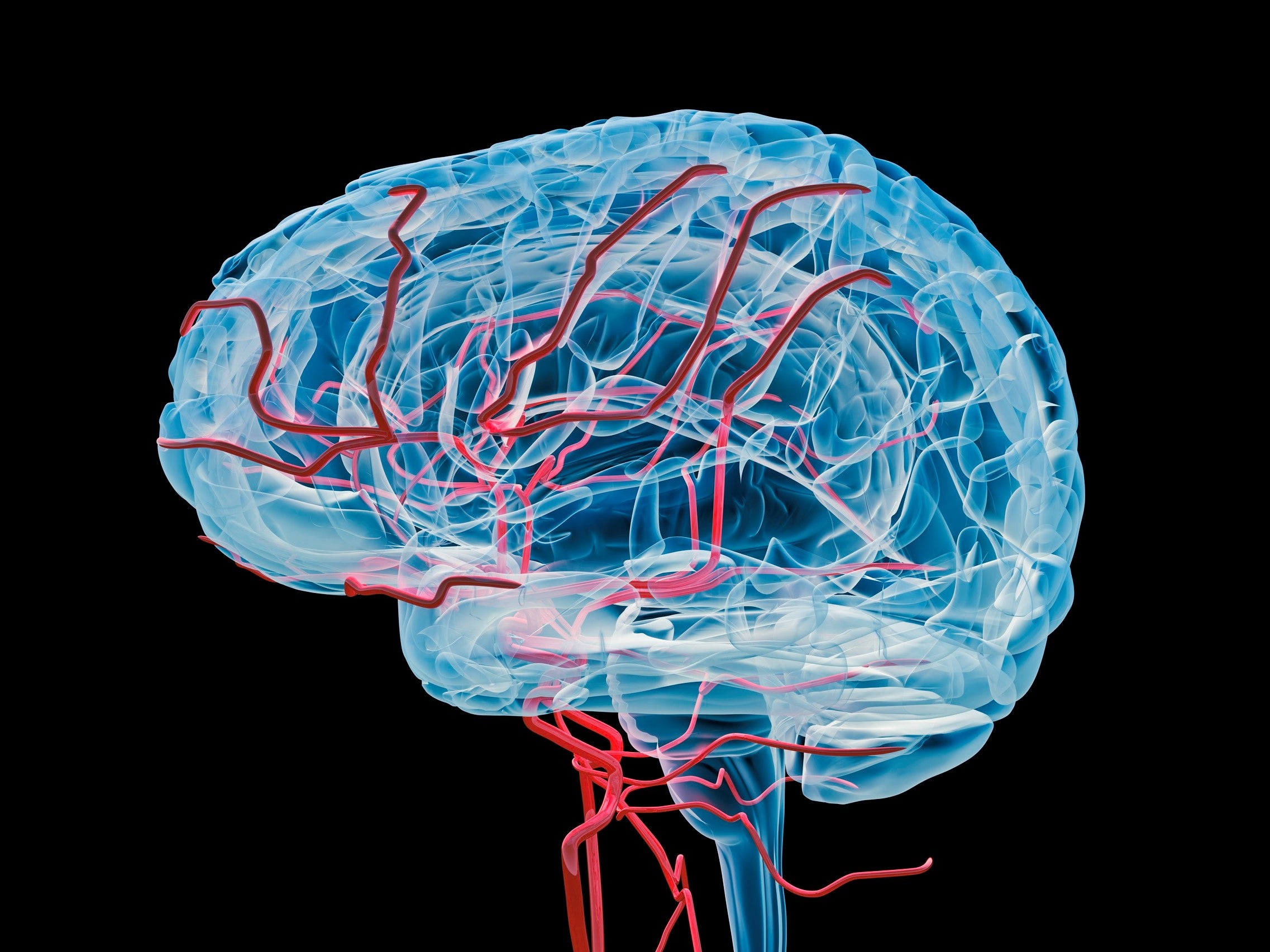Mysterious brain disease affects dozens of Canadians, causing teeth chattering and hallucinations
Five people have died of the unexplained illness

Your support helps us to tell the story
From reproductive rights to climate change to Big Tech, The Independent is on the ground when the story is developing. Whether it's investigating the financials of Elon Musk's pro-Trump PAC or producing our latest documentary, 'The A Word', which shines a light on the American women fighting for reproductive rights, we know how important it is to parse out the facts from the messaging.
At such a critical moment in US history, we need reporters on the ground. Your donation allows us to keep sending journalists to speak to both sides of the story.
The Independent is trusted by Americans across the entire political spectrum. And unlike many other quality news outlets, we choose not to lock Americans out of our reporting and analysis with paywalls. We believe quality journalism should be available to everyone, paid for by those who can afford it.
Your support makes all the difference.A mysterious brain disease has sickened dozens of people in New Brunswick, Canada, and doctors aren’t sure why.
Since 2015, at least 43 people have developed the illness, and five have died, according to Canadian public health officials. The symptoms include hallucinations, muscle atrophy, spasms, and teeth chattering.
“We don’t know what is causing it,” Dr Alier Marrero, a neurologist leading a study of the disorder, told The Guardian. “At this time we only have more patients appearing to have this syndrome.”
Health authorities have been tracking the “cluster” of 43 cases for over a year, but the public only learned of it earlier this month, when Radio Canada and CBC published a leaked memo from New Brunswick’s public health department.
That memo warned local doctors to keep an eye out for patients with symptoms similar to those of Creutzfeldt-Jakob Disease, a rare and deadly brain disorder, but who did not actually have that disease.
Read more:
“We are collaborating with different national groups and experts; however, no clear cause has been identified at this time,” the memo said.
So far, the disease has only been reported in New Brunswick, Canada – specifically in the Acadian Peninsula and Moncton regions.
But researchers have found that it affects people of all ages, and features a disturbing set of symptoms. Afflicted patients have experienced behavioral changes, mysterious pains, cognitive decline, drooling, and visual hallucinations, such as insects crawling up their skin.
According to Dr Marrero, the disease does not appear to be genetic, and could be caused by something environmental, such as water, food, or air.
But beyond that, information on the disorder is sparse, and Canadian health officials have refused to name the specific areas where the disease has been reported.
Some local officials are outraged by the lack of transparency.
“We are very, very worried about it,” Mayor Yvon Godin of Bertrand, New Brunswick, told CBC. “Residents are anxious. They’re asking, ‘Is it moose meat? Is it deer? Is it contagious?’ We need to know as fast as possible what is causing this disease.”
Researchers have countered that they don’t want to cause a panic.
“That is very sensitive information, especially in a very small jurisdiction, population-wise, such as New Brunswick,” Dr Michael Coulthart, director of the Creutzfeldt-Jakob Disease Surveillance System, told CBC. “I can tell you that is available to us but we cannot share it further.”
But after a year of living amid the Covid-19 pandemic, hearing about a “cluster” of cases of a mysterious disease, with government officials tight-lipped about the data, is making some Canadians nervous.
“It’s extraordinary to me that Public Health has been so quiet on this,” David Coon, leader of New Brunswick’s Green Party, told CBC. “When there’s a lack of information, you get fear.”
Dr Coulthart said the scientific community is still coming to grips with the syndrome, which he described as unprecedented.
“We have not seen over the last 20-plus years a cluster of diagnosis-resistant neurological disease like this one,” he told Global News.
Join our commenting forum
Join thought-provoking conversations, follow other Independent readers and see their replies
Comments